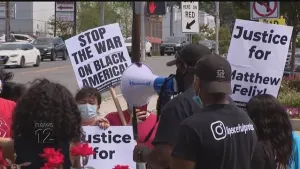More Stories
The Rev. Tisha Williams from First Baptist Church of Bridgehampton is the first woman elected to lead the historic African American church in its 96-year history. She grew up in Brooklyn.
Williams told News 12 about how religious leaders should be a voice during these times, as the nation both navigates through the coronavirus pandemic and examines the dynamics of systemic racism.
“As clergy, we have to be a voice," says Williams. "We're influencers, you know, before there was social media, the church was an influence ... and for a long time the church has in some ways lost its voice. But in this, we can't afford to be silent. We can't afford to be silent.”
MORE: Reflections on Race: 'We can no longer just say, we have to do and we will do'
MORE: Reflections on Race: 'I am hopeful that we are dismantling the racism that lives within systems'
MORE: Reflections on Race: 'Our fear's a real fear because we know the odds of something happening'
MORE: Reflections on Race: 'I am hopeful that we are dismantling the racism that lives within systems'
MORE: Reflections on Race: 'Our fear's a real fear because we know the odds of something happening'
Williams wants people, especially Black people, to know that there is always hope - despite how people feel after seeing the video of George Floyd’s death, the racial tension and the pandemic.
"Hope has always existed. People of color have always been hopeful people, we've always been hopeful people. What has not existed has been equality, that is what has not existed," says Williams. "It has never been a level playing field for us, but hope has always existed. Hope in our music, hope in our culture, hope in our song, hope in our ability to raise families, go forward and still get married, go forward and still come to church and worship God. We've always had hope. Hope is one of our greatest strengths. What we have not had is a fair shot. Yeah. We are a hopeful people. We are a hopeful people, we are a joyful people, we are a resilient people, we are a strong people. Some could argue that there have been things designed in this world to take us out at every turn, from 1619 to COVID-19 and we have survived. You don't survive that without hope."
Something that has resonated for Williams of late is how people will recount what happened this year.
"The thing that has always, I've always loved about Black people and Black culture is we are the greatest story tellers in the world. We have always told our stories," says Williams. "And the question I think that's been resonating with me in all of this is...when someone asks you what happened in 2020, are going to share the dream or are we going to share the nightmare? The reality is we're going to share both. We'll talk about the pandemic, we'll talk about the death, we'll talk about civil unrest, we'll talk about the murder of George Floyd, but we'll also talk about how in the worst time of our lives, we became our best selves, how we connected with our family, how we learned what was truly important, how our fascination with celebrity was taken over by a fascination for essential workers. So we're going to share both, we're going to share the dream and we're going to share the nightmares."
MORE: Reflections on Race: 'Out here, people are very afraid to speak up'
MORE: Reflections on Race: 'Take off your colorblind glasses and look at the harm'
MORE: Reflections on Race: 'We need people to be more prominent activists in understanding privilege'
MORE: Reflections on Race: 'Take off your colorblind glasses and look at the harm'
MORE: Reflections on Race: 'We need people to be more prominent activists in understanding privilege'
Williams says the ways she's encountered racism are not always obvious - experiences like people who are not Black assuming she doesn't know about or is aware of the same things they are because she wasn't exposed to them as a Black person.
"I can't get around it. I'm always going to be Black and I'm always going to be a woman, that's a powerful intersection. I would say I cannot recall an instance where racism was blatant, it has always been quite subtle, for me. But that doesn't mean it has been any less impactful," says Williams. "When I talk about subtle racism, is, the perceived lack of exposure, that there are those who assume that because you are Black, you are not, you have not been exposed to anything, and I have been the victim of that several times over."
More from News 12
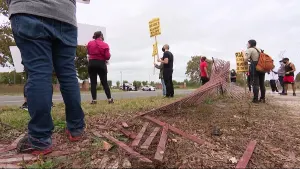
Long Island group gathers at Brentwood State Park to demand justice for Breonna Taylor
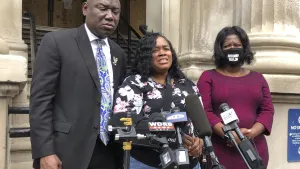
City to pay millions to Breonna Taylor's mom, reform police
2:46
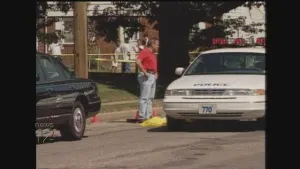
Nassau District Attorney's Office to reinvestigate 1998 Hempstead police-involved shooting
1 day, 11 hours
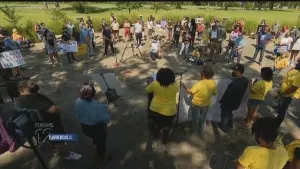
Protesters hold rally outside of Dennison Building in Hauppauge to fight for police accountability
21:27:47

Merrick rally demands justice for Jacob Blake, Black man shot 7 times by Wisconsin police
1 day, 15 hours
